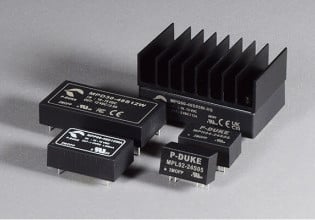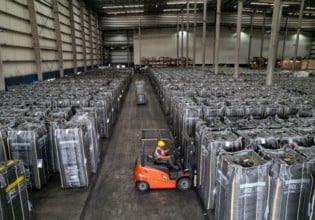BioSolar, Inc. today announced that the company has successfully completed the first phase of its super battery technology development. Test results suggest that lithium-ion batteries incorporating BioSolar Super Cathode technology can achieve significantly higher capacity with costs below $100/kWh, which is less than half of today's lowest cost lithium-ion batteries.
"We are pleased to confirm that a battery constructed with our new prototype cathode not only demonstrated a reduced cost of energy storage, but also a significant storage capacity improvement over that of existing lithium-ion batteries," said Dr. David Lee, CEO of BioSolar. "The next phase of development will be focused on optimizing cathode manufacturing processes and preparing demonstration prototype batteries."
Dr. Lee continued, "We believe the upcoming demonstrations of our battery technology will strengthen BioSolar's position as an innovator in the energy storage sector. Experts believe that achieving a $100/kWh cost is a watershed moment that will make lithium-ion batteries a true mass market technology, and finally allow electric vehicles to be cost-competitive with conventional gas-powered vehicles."
Today's lithium-ion battery is limited by the storage capacity of its cathode, while the anode can store much more. BioSolar's novel cathode is based on inexpensive conductive polymers and organic materials that can fully match the storage capacity of conventional anodes. Instead of conventional cathodes that use lithium-ion intercalation chemistry, the company's technology exploits the fast redox-reaction properties of polymers.
The company believes its technology has the potential to reduce costs, improve range, and enable faster charging times across markets spanning electric vehicles, personal technology, and storage for renewable energy, such as solar. BioSolar's Super Cathode technology is designed to be compatible with existing battery manufacturing processes, thereby enabling seamless integration and adoption.






